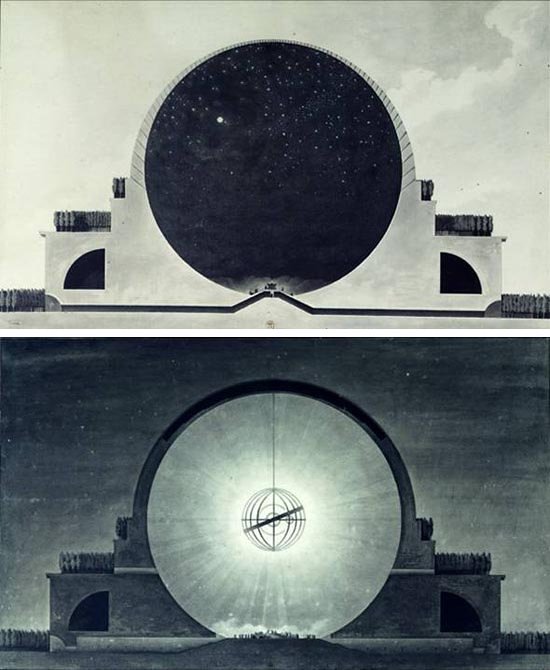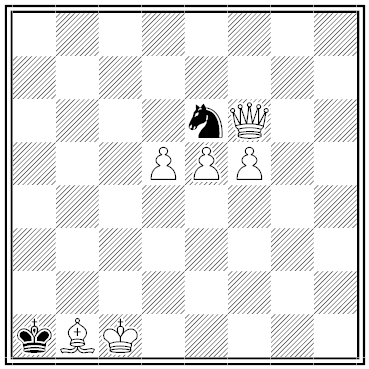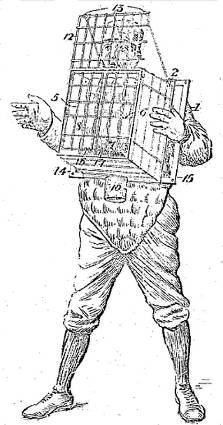In 1972 the Toronto Society for Psychical Research set out to create a ghost. They invented a character named Philip, an English nobleman from the 17th century, and tried to contact him through sittings in which they discussed his life, to see whether they could induce a “collective hallucination.”
When a year of this produced no results, they adopted the trappings of a more formal séance, introducing colored lights, singing songs, and reciting poetry while trying to conjure Philip’s spirit. After three or four of these sessions, surprisingly, “the group felt a vibration within the table top, somewhat like a knock or rap.”
Philip had, apparently, shown up. After some initial confusion, the group established a convention by which he could express himself — one rap meant yes, two meant no. And he was quite willing to talk:
‘Did you have your own regiment?’ Sid asked.
(Rap) ‘Yes.’
‘Were you wounded in the fighting?’
(Rap, rap) ‘No.’
‘I wonder which battles he fought in,’ Lorne asked. ‘Philip, did you fight at Naseby?’
(Rap, rap) ‘No.’
‘Did you fight at Marston Moor?’
(Rap) ‘Yes.’
‘I wonder what weapons they used?’ Al asked. ‘Did you use pikemen?’
(Rap) ‘Yes.’
‘Would they have had guns of any kind then?’ someone asked.
‘They would have had muskets,’ Lorne said.
(Immediate confirmatory rap) ‘Yes.’
That’s from Conjuring Up Philip, a 1976 account by Iris Owen, a member of the group. With time the rappings grew stronger, and the table would occasionally move around the room and even levitate. Owen wrote, “In addition to sliding across the floor (which incidentally was covered with a thick pile carpet), the table would tilt in various ways, lifting one, two, or three legs, and pivot, sometimes almost dancing.”
It’s hard to know what to make of this. On the one hand, most of Philip’s verbal communications were simply those that the group expected to receive. For example, he said that Charles I had loved cats but not horses or dogs; this isn’t historically accurate, but the questioner was a cat lover. Owen called Philip “a composite of [the group’s] own invented imaginations … a character born of their own desire to bring him as much to actuality as they could.”
But the physical tricks are harder to understand. The simplest explanation is that some in the group were deliberately creating the “supernatural” effects, a possibility that all strongly denied. Or perhaps the group really had stumbled into some sort of collective, or wishful, hallucination. Whatever the case, the whole episode shows that even supernatural explorations that are known to be groundless can produce convincingly “otherworldly” effects for a receptive audience. To that extent, Philip was a ghost who helped to disprove his own existence.





